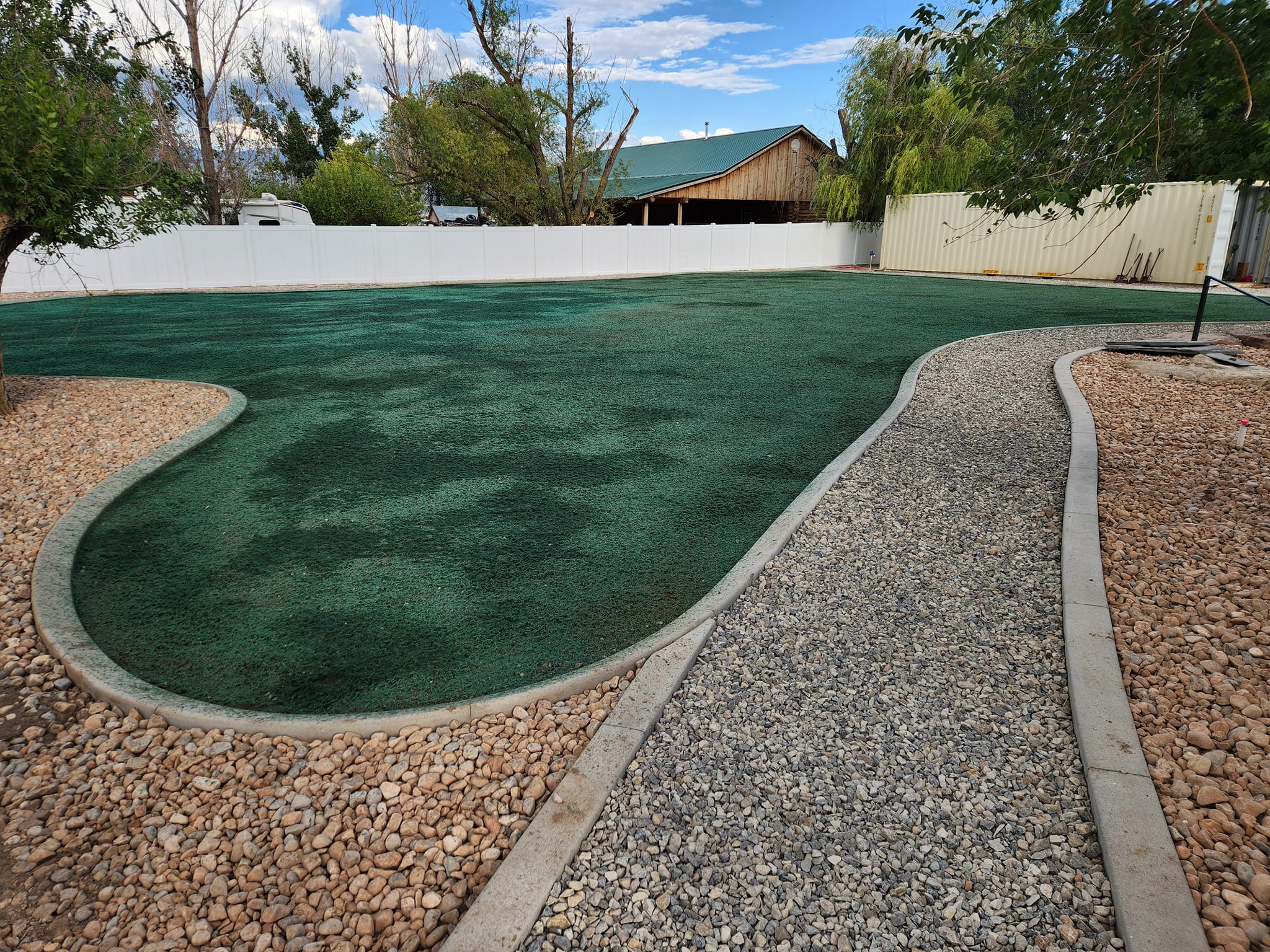
Transform Your Outdoor Space with Sustainable Landscaping Practices Aug 31, 2025
To begin with, we must understand what sustainable landscaping entails. At its core, it involves designing, installing, and maintaining your landscape in a way that uses minimal resources and reduces environmental impact. This includes incorporating native plants, efficient irrigation systems, and eco-friendly hardscaping materials.
The first step towards sustainable landscaping is selecting the right plants. Native plants are a cornerstone of sustainable practices as they thrive in local climates and soil conditions, requiring less water, fertilizer, and pesticides. By choosing plants that are adapted to the specific environmental conditions of your area, you contribute to local biodiversity while minimizing maintenance efforts.
Another crucial aspect of sustainable landscaping is water conservation. Green Scapes Landscaping recommends installing drip irrigation systems, which deliver water directly to the plant's roots, significantly reducing water waste. Using mulch is also beneficial as it retains soil moisture and suppresses weed growth, ensuring your plants have enough water supply during dry spells.
When considering hardscaping, opt for materials that are environmentally friendly. Permeable pavers, for instance, allow rainwater to seep into the ground, reducing runoff and recharging groundwater supplies. Additionally, using locally sourced stones and recycled materials can decrease your carbon footprint, supporting sustainable development goals.
Creating functional outdoor spaces is also important when envisioning a sustainable landscape. Incorporate designs that cater to multiple uses, such as outdoor living rooms, gardens, and play areas. By aligning your landscape with your lifestyle, you can make the most out of your space while fostering an environment that supports both leisure and productivity.
A crucial yet often overlooked component of sustainable landscaping is proper soil management. Healthy soil is critical for supporting plant life and retaining water. Composting is an excellent way to enhance soil health; it recycles organic waste into nutrient-rich material that can improve soil structure and fertility. This practice not only reduces waste but also encourages robust plant growth, which is essential for a vibrant landscape.
Pollinators play an essential role in the ecosystem, and attracting them should be an integral part of sustainable landscaping. Planting flowers that bloom at different times throughout the year will ensure a steady food supply for these beneficial insects. This, in turn, supports plant reproduction, ensuring your garden remains lush and thriving.
To conclude, transforming your outdoor space with sustainable landscaping practices is a rewarding endeavor. By integrating native plant species, efficient watering systems, and eco-friendly hardscaping, you can create a landscape that is not only beautiful but also beneficial to the environment. Green Scapes Landscaping is committed to guiding you every step of the way, offering expert advice and services to help you achieve a sustainable and stunning outdoor space. Embrace these eco-friendly practices and watch as your garden flourishes, all while contributing to a healthier planet.
/filters:no_upscale()/media/e6cfbcac-e222-4b30-8356-0fbae58f8c64.png)
/filters:no_upscale()/filters:format(webp)/media/6edac668-f894-45fc-ad31-ac75c87473b4.jpeg)